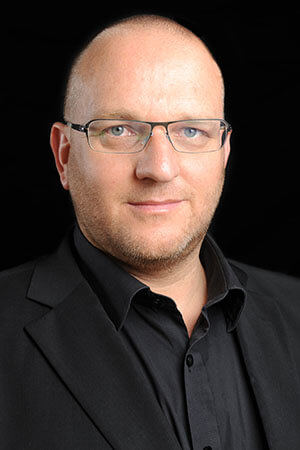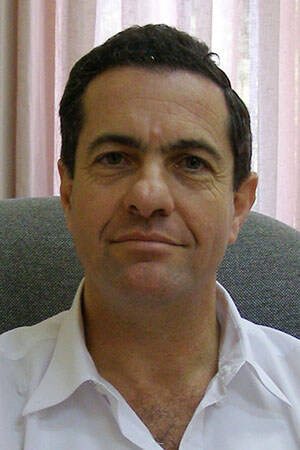We all want to be happy, but what makes people happy is not what we tend to think it is. Love, children or work can give us momentary satisfaction, but is that it?
Like other feelings, happiness is encoded in the brain, but how do scientists actually measure it, and is it really possible to be happy all the time?
After explaining that happiness and pleasure are not the same things and with scientific insights on the path to happiness, Prof. Yovell gives updated tools to help us achieve happiness.
It has now been scientifically demonstrated that extraordinary talent does not guarantee success. But what is success? An impressive career? A lot of money? Or maybe being successful means to have a happy family? As he did on How to Succeed in Six Lessons, a series broadcast on TV, Prof. Yovell examines what is known about success and how to reach it – and provides a useful guide for those who want to succeed more in what matters to them.
It is not always easy for men and women to understand each other, and this is true not only in relationships but also in the workplace. Why? Is there a brain difference between the sexes, and does it affect function and productivity? How does gender affect the way we respond to stress and our management style? What areas of the brain are involved in emotional decoding and emotional regulation, and how to use them? Prof. Yovell’s lecture offers a comprehensive and fascinating survey of these questions from a contemporary perspective. The lecture combines psychological insights, neurobiological findings, and stories from the treatment room, to increase commonalities, understand differences, and improve gender relations in the workplace
The new manager is not only a boss: he or she must also be a source of support and guidance, a figure with whom we can identify, and sometimes our confidants. Successful managers are the ones who know how to expose the unique potential of each of their employees, to mobilize their motivation, to unleash their creativity and to help them realize themselves in the workplace – and beyond. What can we learn from the world of psychotherapy to improve the relationships between managers and employees? In this new lecture, which includes psychological insights and stories from the treatment room, Prof. Yovell explains all we need to know about improving our employee’s motivation, setting boundaries and creating empathy.

















